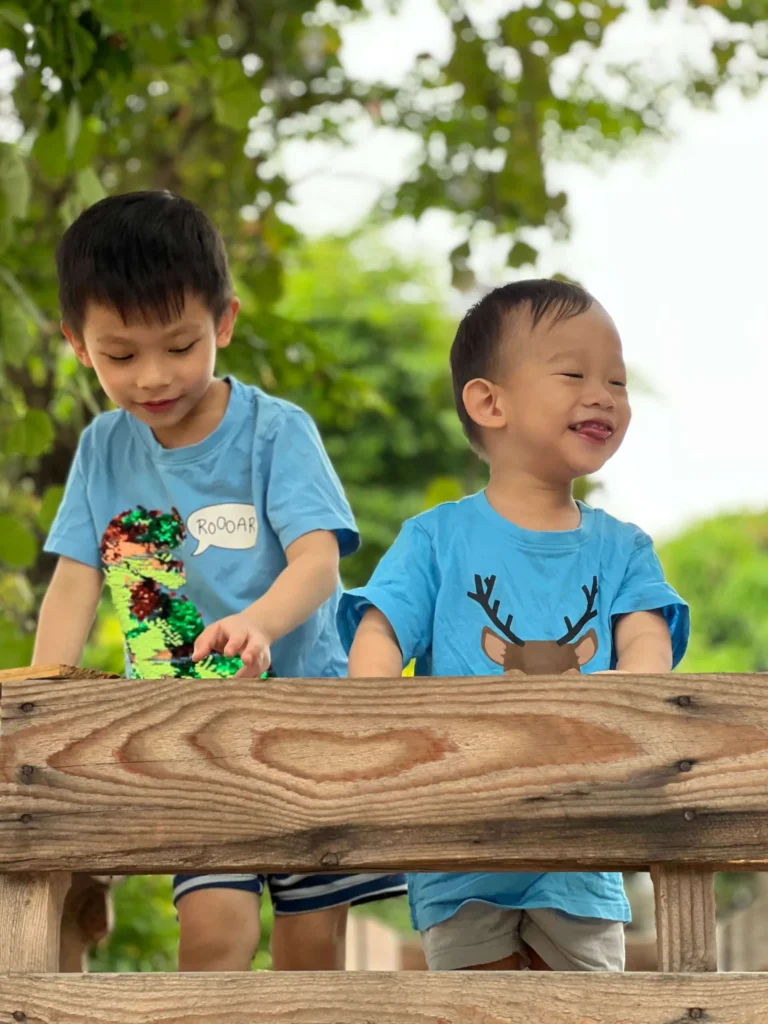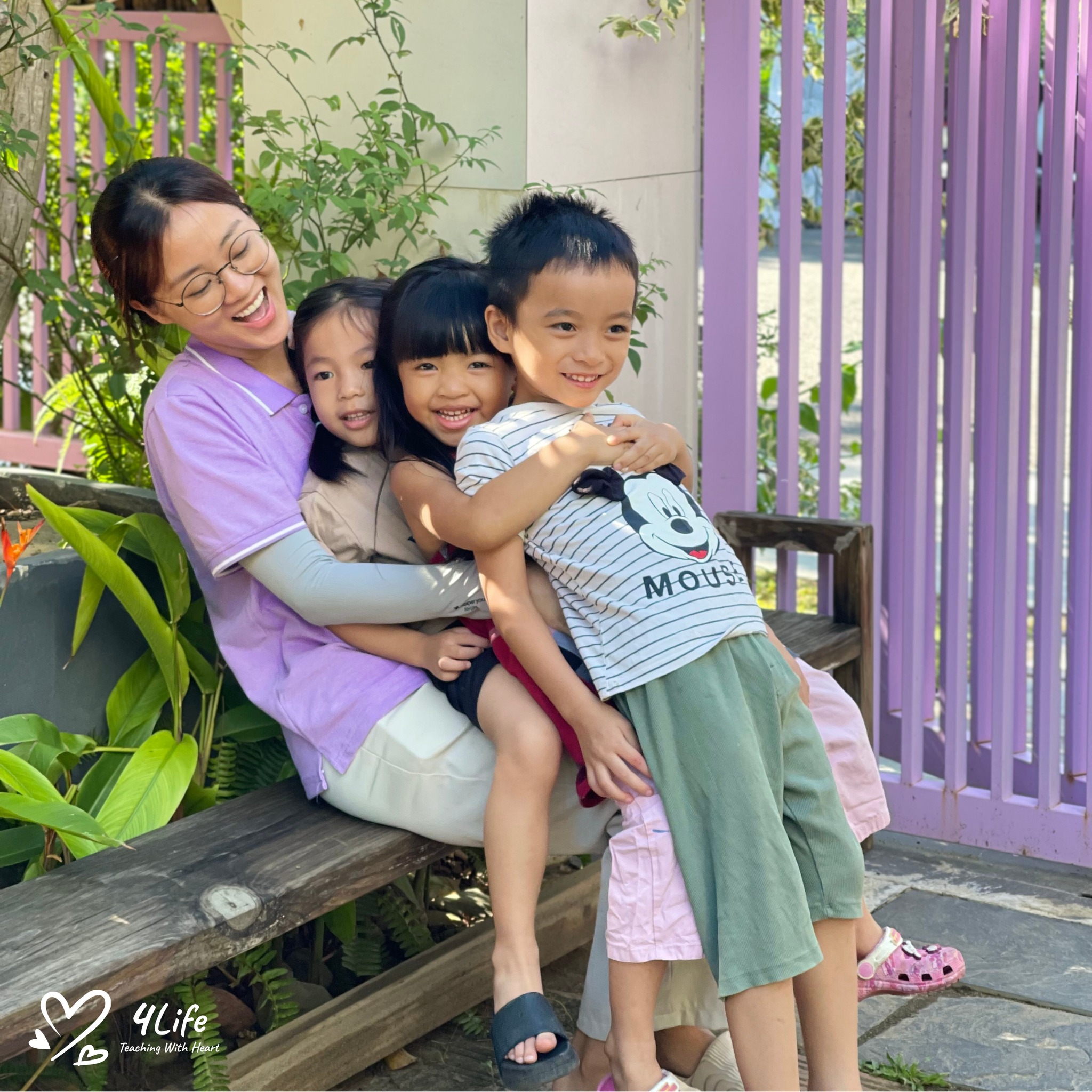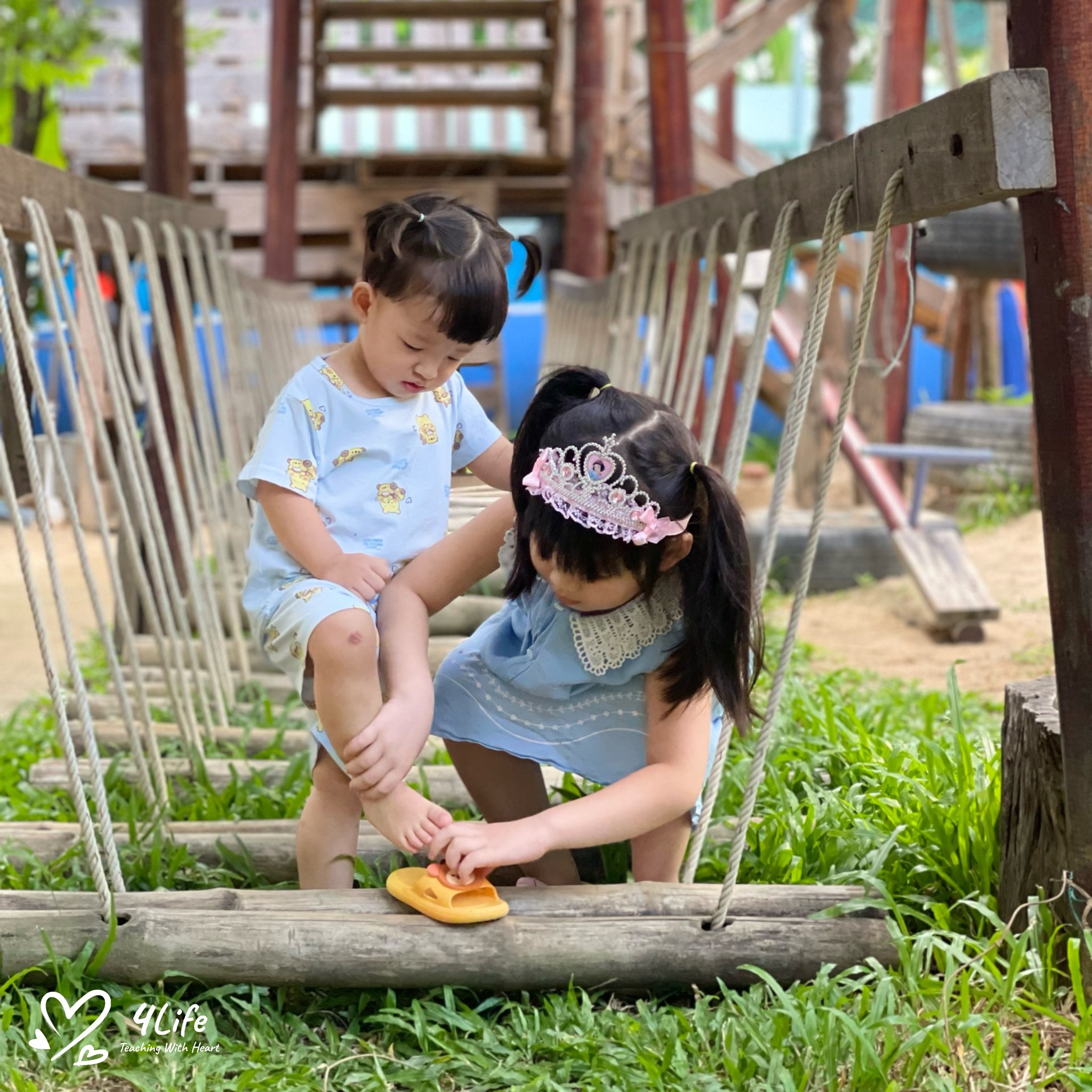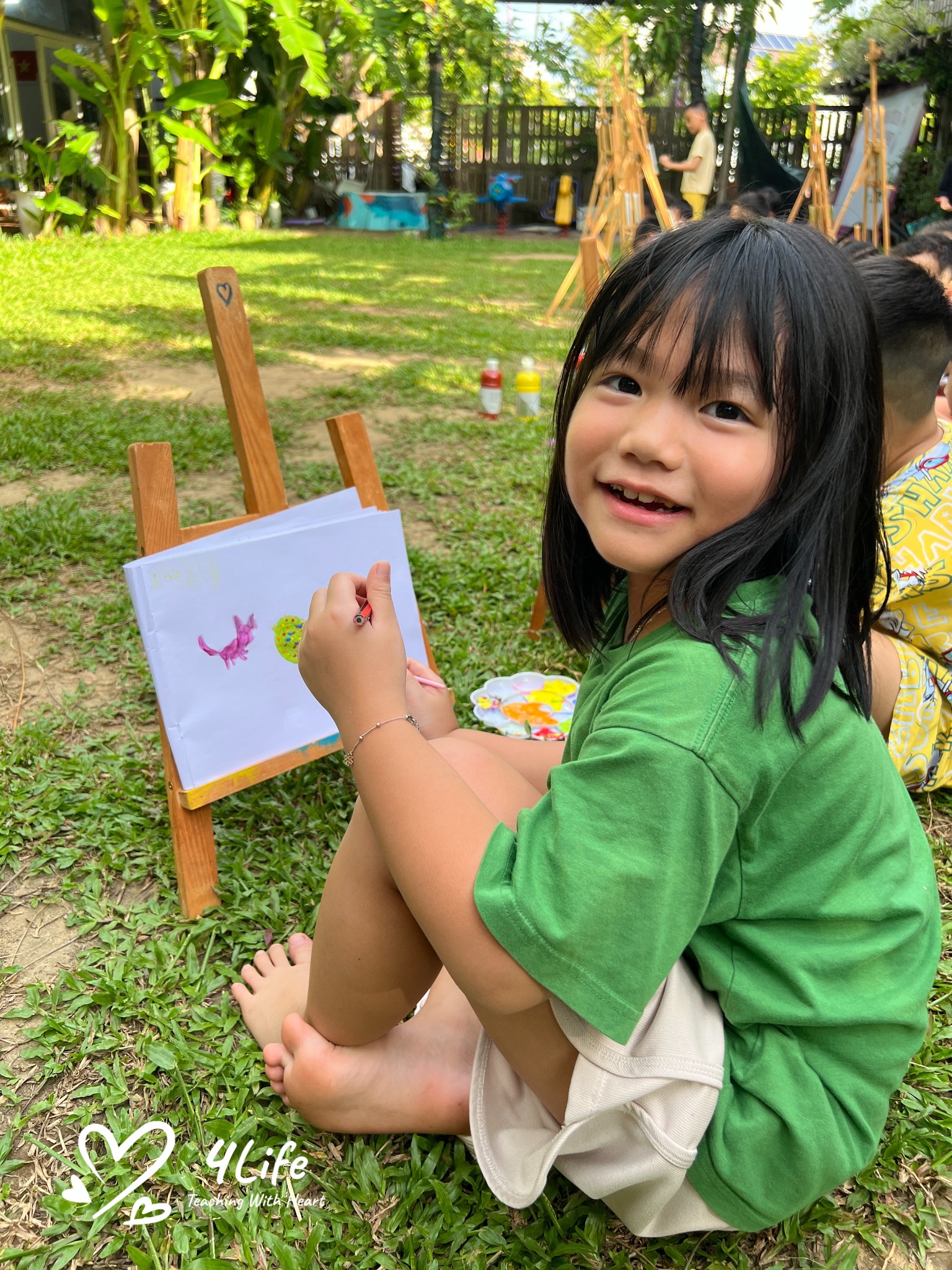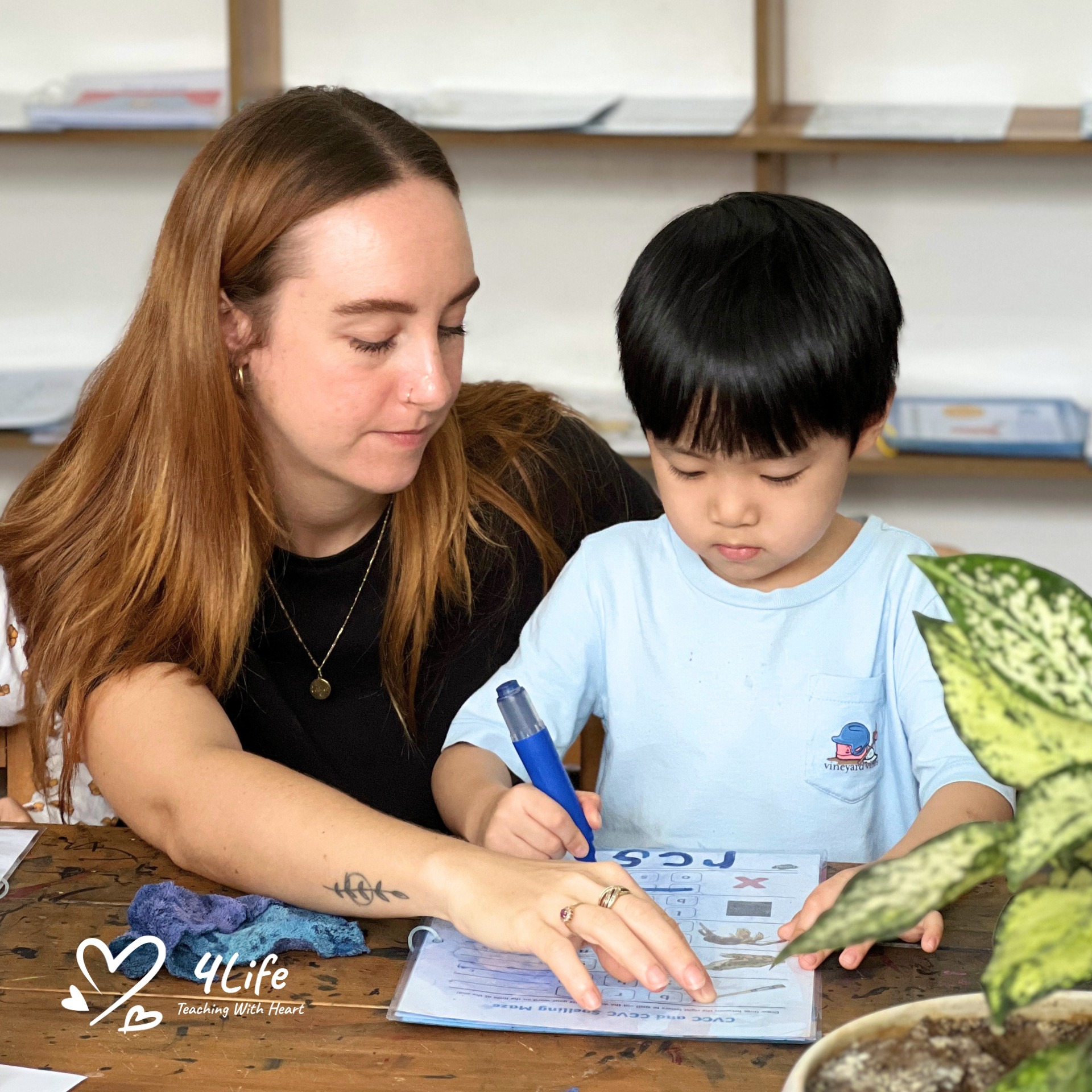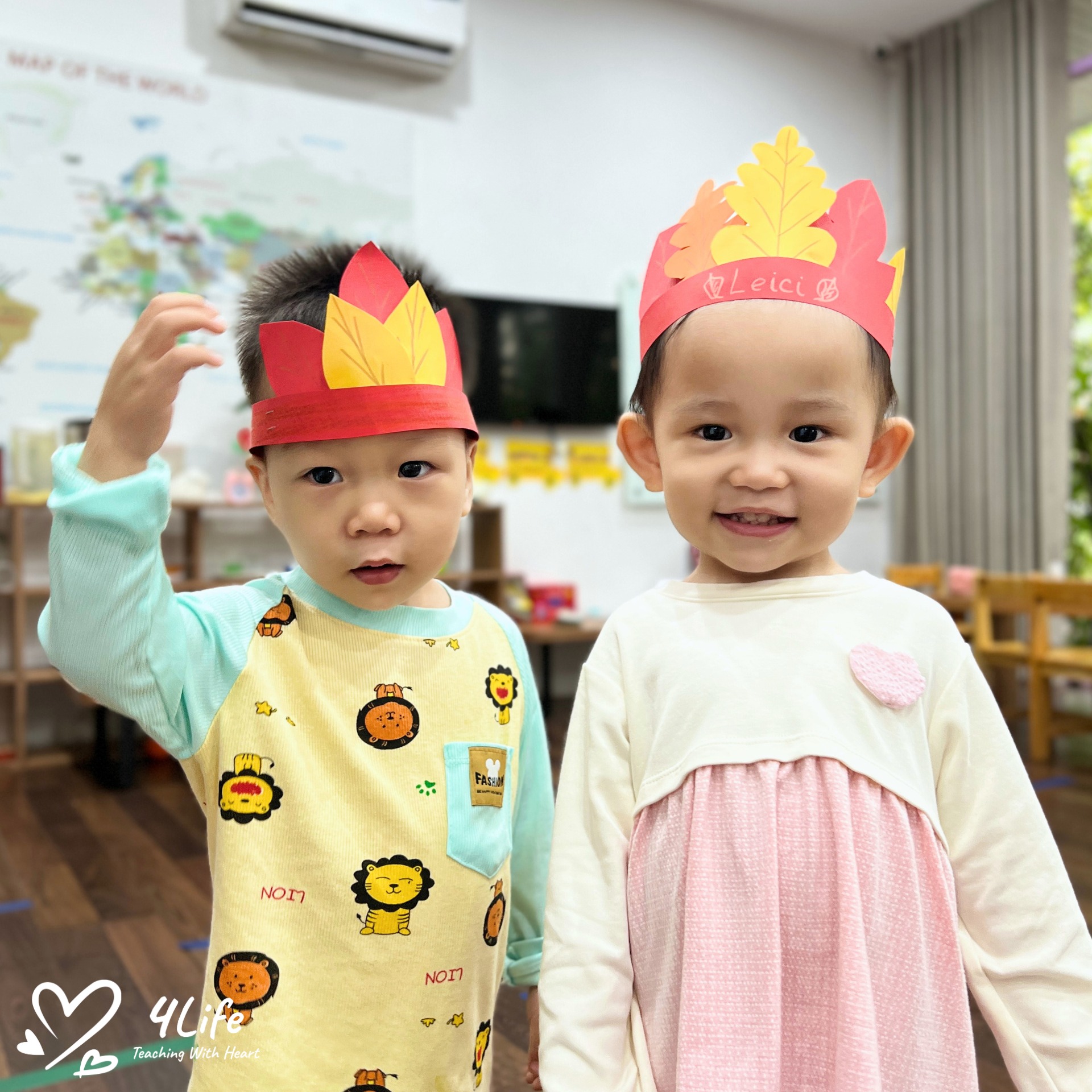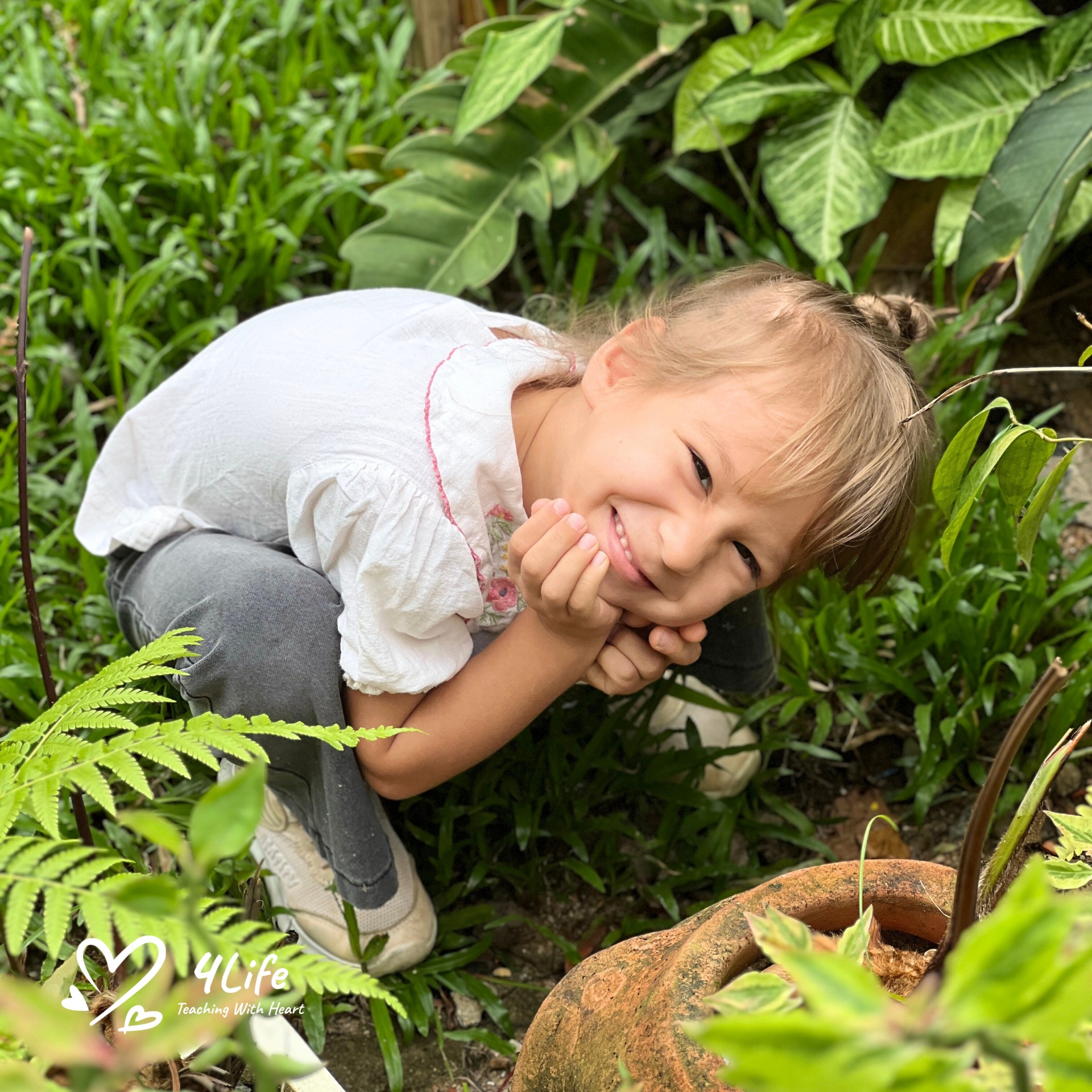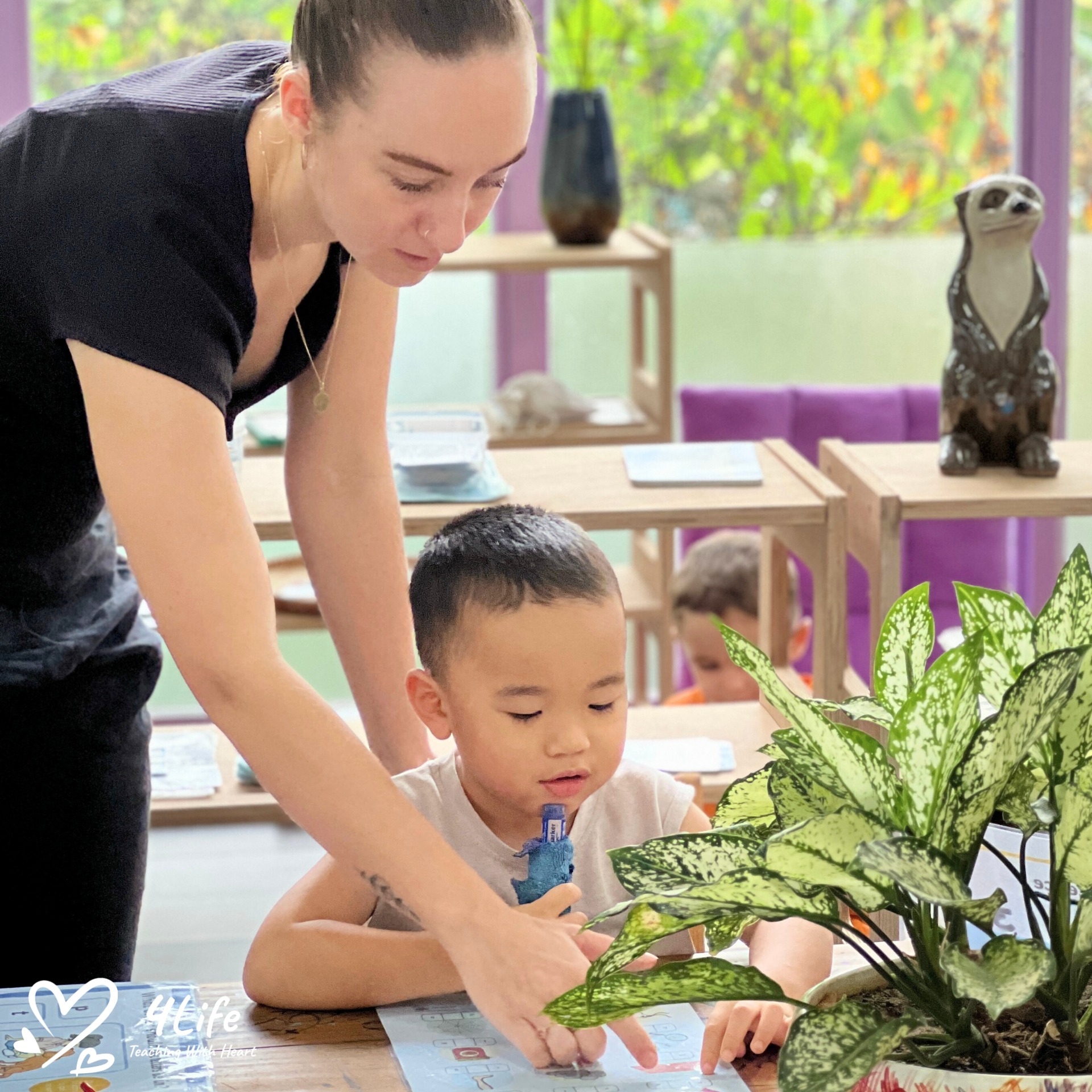4Life Overview
“You must be the change you want to see in the world” – Mahatma Gandhi;
“The habits we form from childhood make no small difference, but rather, they make all the difference.” – Aristotle;
“The object of education is to prepare the young to educate themselves throughout their lives.” – Robert Hutchins.
Dear Parents,
Today, in our school, our children are playing.
They play at school, they play at home, and they will play in ourneighborhoods.
Today, in our school, our children no longer be overstressed, overworked, over-tested, shamed, and ordered to sit still for 6 to 8 hours a day in bleak indoor environments, spending their school time and free time drilling just for low-quality tests that reward quick answers to superficial questions, do not measure the ability to think deeply or creatively in any field. Our children have several safely supervised outdoor recess breaks per day between classes, even in the rain – on top of lunch and gym class.
Our school build our curriculum in part on a solid foundation of playful learning and experimentation, and individual differences and diversities are celebrated, not punished.
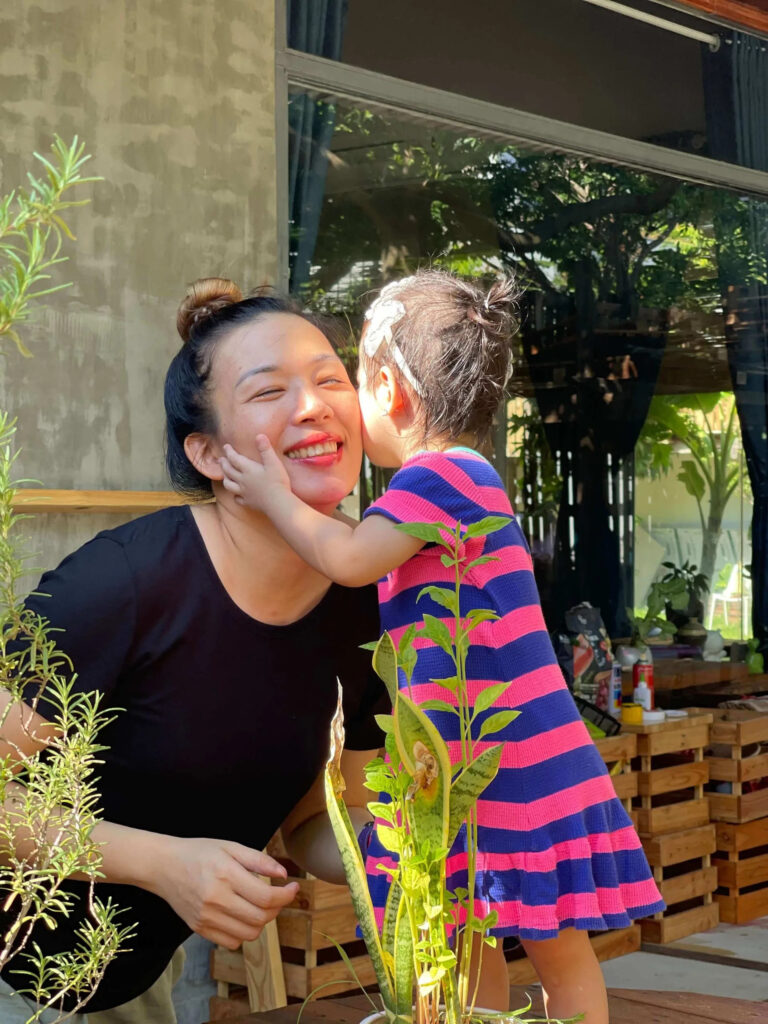
Our chool is energized by an atmosphere of playful curiosity, creativity, and discovery. All children feel free to fail, try again, and imagine in the pursuit of success. Mistakes by students and teachers will be analyzed, shared, and showcased, not branded as sources of shame.
All classrooms have a sand table, arts and crafts materials, a dress-up closet and a wooden block zone, and children will learn many of the foundations of academics the way they learn best – through intellectual, social, and physical play, through play guided by teachers, and through “free play,” chosen and directed by the children themselves.
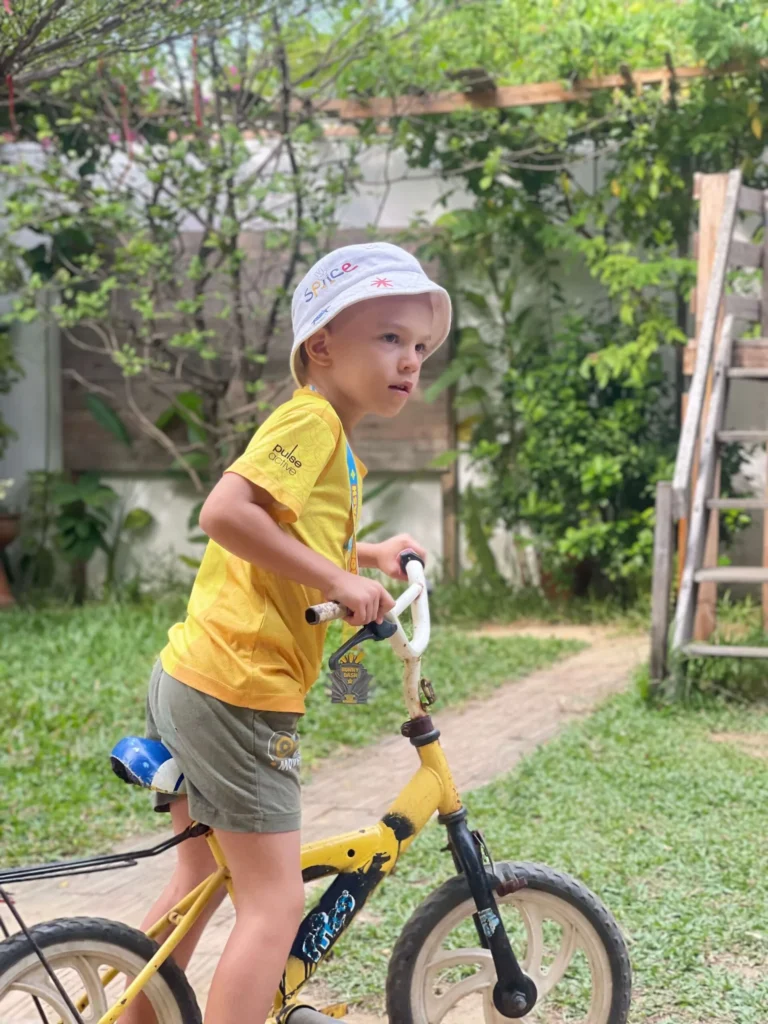
Children have regular access to nature whenever possible, to a woodand metal shop, and to musical instruments and lessons. Schools will teach long-forgotten subjects like life skills, cooking, ethics, home economics, gardening, field trips, and hands-on science. The school serve nutritious meals to all children, because healthy children are better learners.
Children do not shed tears over pointless, standardized tests and grossly excessive, counterproductive levels ofoverwork and toxic stress. Children often race to school in a state of joy, excited to play, to learn new things, to focus and concentrate, to work together, try their best, sometimes fail, and to succeed and help other children to do so.
Our teachers learn how to integrate play-based and playful learning throughout the school curriculum. Teachers assess their students constantly-not with faceless screens and high-stress bubble tests, but with personalized attention, warmth, encouragement, and teacher-designed, age-appropriate quizzes, tests, portfolios, presentations, and other assessments. Teachers help their students assess themselves and each other.
Several times a week, our children choose what they’d like to do in class. Recess periods will consist mostly of outdoor free play managed by the children themselves, with trained adults nearby, to keep things safe.
Children have regular access to nature whenever possible, to a wood and metal shop, and to musical instruments and lessons. We teach long-forgotten subjects like life skills, cooking, ethics, home economics, gardening, field trips, and hands-on science. Our school serves nutritious meals to all children, because healthy children are better learners.
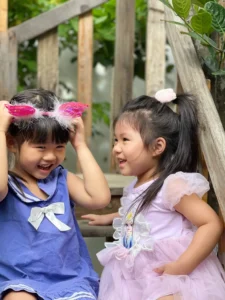
Our children do not shed tears over pointless, standardized tests and grossly excessive, counterproductive levels of overwork and toxic stress. Children often race to school in a state of joy, excited to play, to learn new things, to focus and concentrate, to work together, try their best, sometimes fail, and to succeed and help other children to do so.
Our teachers learn how to integrate play-based and playful learning throughout the school curriculum. Teachers assess their students constantly-not with faceless screens and high-stress bubble tests, but with personalized attention, warmth, encouragement, and teacher-designed, age-appropriate quizzes, tests, portfolios, presentations, and other assessments. Teachers help their students assess themselves and each other.
Several times a week, our children choose what they’d like to do in class. Recess periods will consist mostly of outdoor free play managed by the children themselves, with trained adults nearby, to keep things safe.
Our children sometimes scrape their knees and get sweaty and dirty and wet because that’s what children naturally do. We recognize that children have urgent needs and the right to play outside several times a day and enjoy regular breaks outside the classroom. Our school also recognize that children also have the right to decide not to play or engage in sports at recess if they’d rather read a book outside, chat with friends, climb a tree, or just “chill out.”
Teachers and parents give children safe environments to play in and encourage children to take manageable, age-appropriate risks. After school, the backyards, playing fields, and playgrounds, when children were not condemned to endless hours of enforced overwork and sedentary screen time, filled up with laughing, yelling, running, and tumbling.
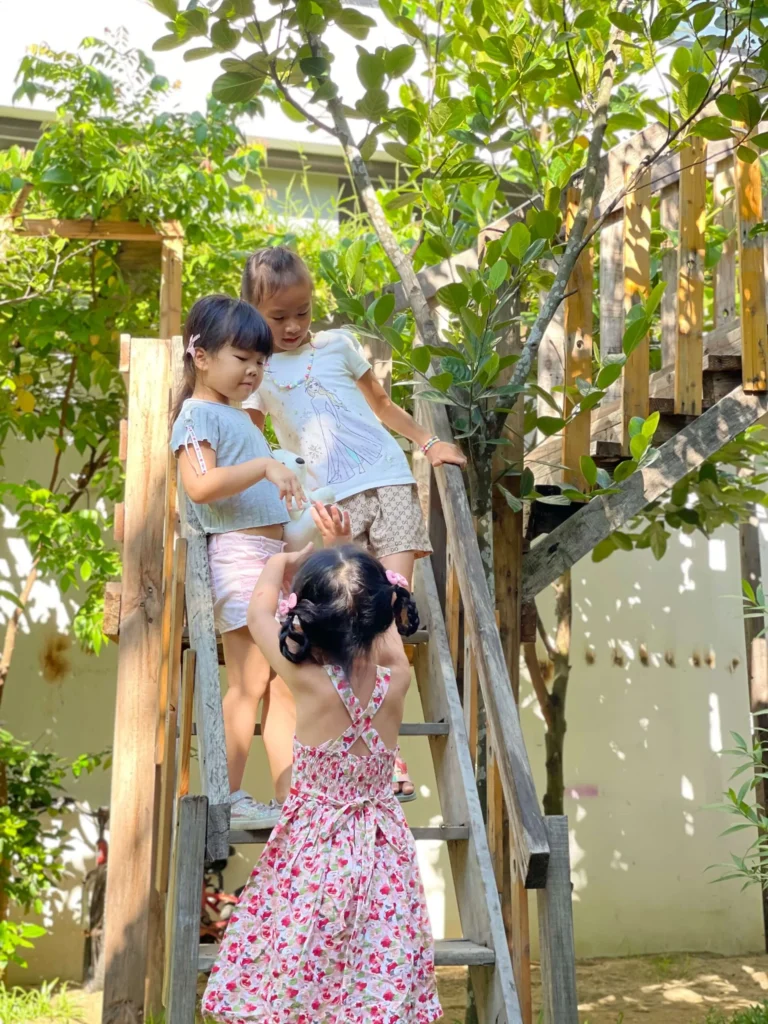
Our children do not shed tears over pointless, standardized tests and grossly excessive, counterproductive levels of overwork and toxic stress. Children often race to school in a state of joy, excited to play, to learn new things, to focus and concentrate, to work together, try their best, sometimes fail, and to succeed and help other children to do so.
Our teachers learn how to integrate play-based and playful learning throughout the school curriculum. Teachers assess their students constantly-not with faceless screens and high-stress bubble tests, but with personalized attention, warmth, encouragement, and teacher-designed, age-appropriate quizzes, tests, portfolios, presentations, and other assessments. Teachers help their students assess themselves and each other.
Several times a week, our children choose what they’d like to do in class. Recess periods will consist mostly of outdoor free play managed by the children themselves, with trained adults nearby, to keep things safe.
Our children sometimes scrape their knees and get sweaty and dirty and wet because that’s what children naturally do. We recognize that children have urgent needs and the right to play outside several times a day and enjoy regular breaks outside the classroom. Our school also recognize that children also have the right to decide not to play or engage in sports at recess if they’d rather read a book outside, chat with friends, climb a tree, or just “chill out.”
The students’ mistakes serve as lessons to be learned, and the failures and mistakes of their own teachers will be showcased and celebrated with the class in a spirit of collaboration, fun, and shared learning. Children will learn that success and failure are not opposites but often coexist side by side.
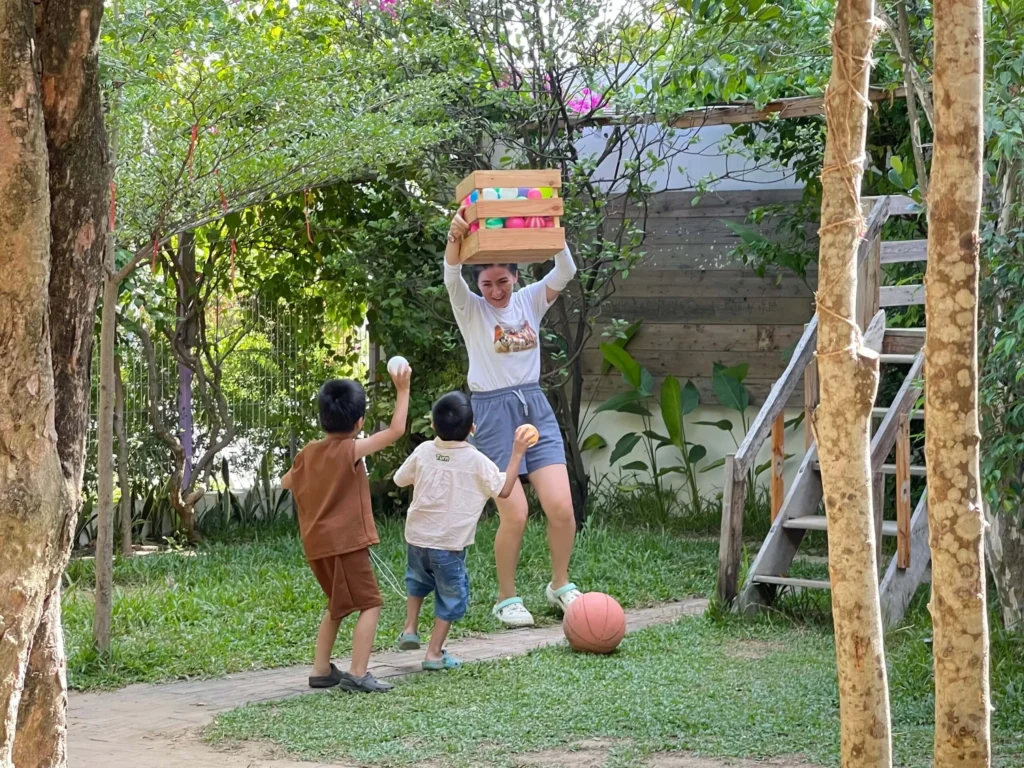
Rather than punishing children for naturally limited attention spans and regular movement, our school accommodates and respect each child’s needs as an individual and as a gifted learner, and each child’s regular need for physical and intellectual play.
Today, in our school, we are building education systems based on what we already know – that education is a service that values professionalism, collaboration, research, equity, well-being, and empathy.
Today, in our school, adults listen to children, very carefully – and we give their childhood back to them. Today, in our school, parents and educators carefully study the research on how children learn and grow best, and we realize a powerful, life-transforming insight: Our children must learn through play in an inquiry-integrated curriculum.
Today, in our school, adults let children be children. Parents, teachers, and children themselves are co-creating our school of today and tomorrow on a solid foundation of play – free play, guided play, physical play, intellectual play, indoor play, and outdoor play – from daycare and pre-K all the way to high school.
We have provided our children with a happy childhood through inquiry-based learning using an integrated curriculum using the Montessori method in a harmonious society. As a result, our children have become the best versions of themselves. We are seeing great things happen. Children’s health and behavior in school improve. Their academic, social, and emotional skills improve. Their attention span, focus, and “executive function” improve. Their future skills flourish. Children are much happier-and they learn better, in various areas such as language and literacy, mathematics, science, social studies, art and music, as well as physical and healthcare. And our school is thriving.
***
We view children’s success as a puzzle; all of the pieces of the puzzle are important, and we are each a piece of that puzzle. If one piece is missing, the puzzle cannot be completed.
We are grateful for your wholehearted dedication to your children’s education. Thank you for entrusting us with your beloved children’s early childhood education and elementary program. Stand together nearly ten years; we have started on the edge of a potential Golden Age of Childhood, a new education era of creativity, exploration, deeper learning, and improved health and well-being for the world’s children, and the result is that we have built our school of today and tomorrow on a foundation of play.
Thank you again for everything!
Best regards,
4Life Education
